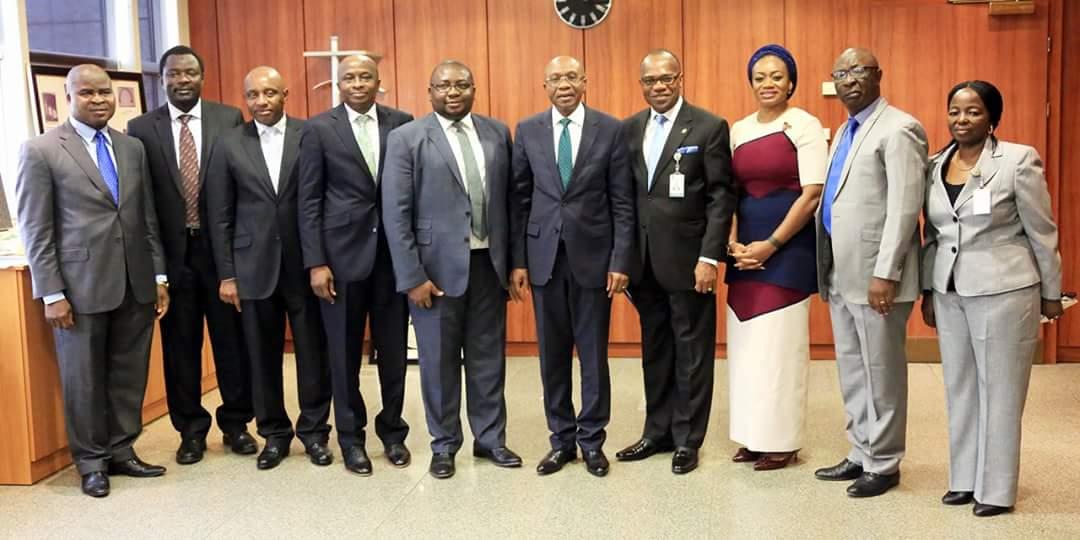More facts have emerged on why several frantic efforts so far made by the present administrations in Africa’s largest economies to attract credible deep pocket foreign investors have failed to yield results.
The International Monetary Fund (IMF), earlier in the week, released a report showing that Nigeria and South Africa are the biggest economies in sub-Saharan Africa (SSA), but growth prospects for both nations have been clouded by political uncertainty linked to the tenure of their leaders.
Whereas Nigeria is led by President Muhammadu Buhari who was elected into office in May, 2015, President Jacob Zuma is the leader of the South African government.
From forecast, economic growth is expected to rise to 3.4 percent in SSA within the next few years beginning from 2018, but the impacts of uncertainty and fears of policy instability are hobbling the decision of offshore investors.
Since the emergence of Buhari administration, analysts have observed some levels of deficit in business enabling infrastructure and credible policies. This has forced the administration to introduce what it described as Economic Recovery and Growth Plan (ERGP), driven by the office of the Minister of National Planning, Senator Udo Udoma.
The Minister has also carried out several reforms in collaboration with the Ministry of Finance which include the introduction of Whistle Blowing Policy (WBP), tax reforms and ease of doing business.
As if the first launch of ease of doing business did not work well, the government recently stepped up the process by relaunching another level of ease of doing business.
Only weekend, the Governor, Central Bank of Nigeria (CBN), Godwin Emefiele, in London, urged global investors to come back to Nigeria, declaring that the country is ready for business.
Besides, he told them that the Returns on Investment (ROI) in all sectors of the economy in Nigeria are among the top performers in the world.
The event also coincided with the launch of the 2017 Nigerian Banking Sector Report by Afrinvest, which showed that Nigerian banks remain resilient and profitable despite headwinds emanating from the current economic situation in the country.
While addressing global experts in capital and money markets, investment bankers, treasurers and other fund managers at the London Stock Exchange, Emefiele, explained how renewed policy drive aimed at enduring improved business environment saw Nigeria emerge from its worst recession in decades.
Again, he reiterated the opportunities for investments inherent in the ongoing reforms in several sectors, particularly in agriculture, solid minerals and infrastructure financing.
Dispelling the fears over foreign exchange (forex), the bank chief assured of continuity in the ingenious management of the market that saw to the recovery of the Naira- establishment of the highly successful Investors and Exporters window, as well as the funding of agriculture under the Anchor Borrowers’ Programme (ABP).









